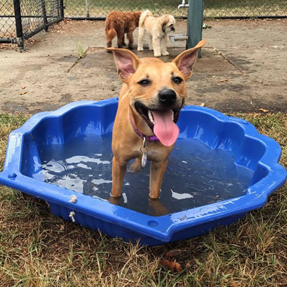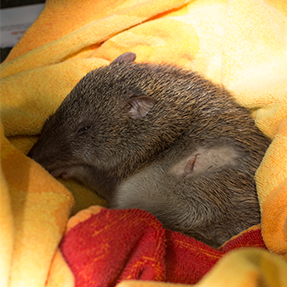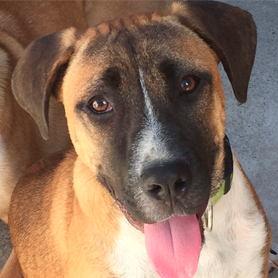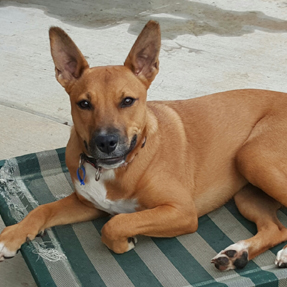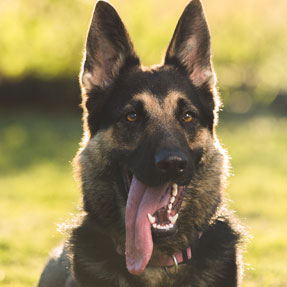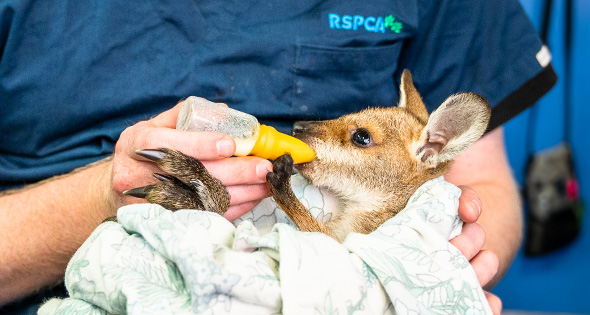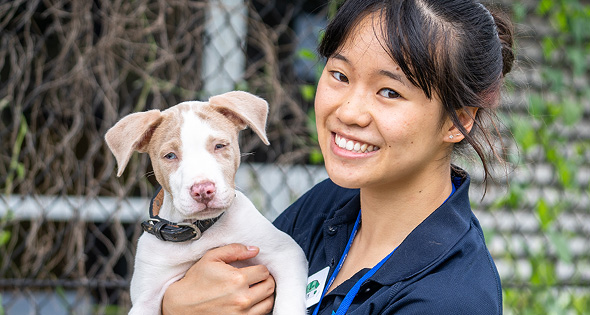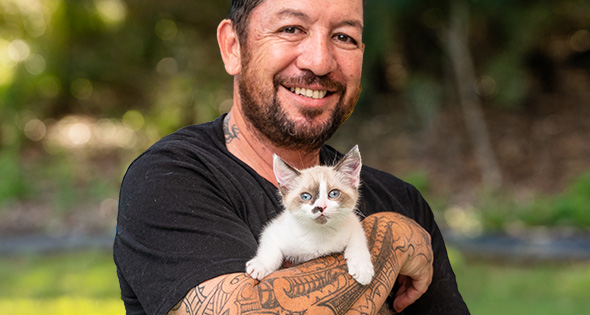Around 230 dog breeding animal welfare complaints are reported to RSPCA Queensland every year, from backyard set-ups to large-scale puppy farms.
In Queensland, anyone who breeds a dog must have a Supply Number (SN), also known as a Breeder Identification Number (BIN). Introduced in 2017, the system was designed to ensure every puppy could be traced back to its breeder.
Investigations by RSPCA Queensland continue to identify irresponsible dog breeders that are selling dogs without a Supply Number, providing false details, and avoiding direct contact with dog buyers.
“A Supply Number should give buyers confidence that a breeder is legitimate and that the dogs have been bred responsibly, but the system isn’t working,” says Rachel Woodrow, Head of Policy and Advocacy at RSPCA Queensland.
What’s broken?
- No verification of breeder details – At the moment, a SN can be issued without proving who you are or where the dogs are bred. False names, PO boxes and incorrect addresses can all be used.
- Multiple SNs per breeder – It’s easy to apply for more than one SN, making it harder to track breeding activity.
- No link to council permits – A SN doesn’t mean the breeder is operating legally under local laws.
- Loopholes for pet shops – Pet shops can use their own SN, masking where the puppies really came from.
- No auditing or enforcement – Breeders can advertise false, stolen or expired SNs without consequence. In some cases, advertisements have been found using false or expired supply numbers, highlighting that many online selling platforms are not verifying whether a supply number is genuine before a puppy is listed for sale.
“Without proper verification and enforcement, dogs will keep suffering, and the public will continue to be misled,” says Ms Woodrow.
What needs to change:
- Verifying breeder identity and physical address before issuing a SN
- Limiting each breeder to one SN
- Recording the category of breeder (accidental litter, hobby, commercial)
- Recording the number of breeding dogs and expected litters
- Making phone numbers partially visible so buyers can match the SN to the seller
- Linking SNs to council permits and requiring random audits
“The Supply Number system was meant to protect dogs and help the public identify responsible breeders. Instead, loopholes and a lack of enforcement mean that irresponsible breeders can still operate in the shadows, and buyers are left none the wiser. It’s time for urgent reform to close those gaps and ensure this system delivers on its promise,” says Ms Woodrow.
- The local council (for breaches of local laws and permits)
- The Department of Primary Industries (for false or missing BINs)
- RSPCA Queensland (for animal welfare concerns)

